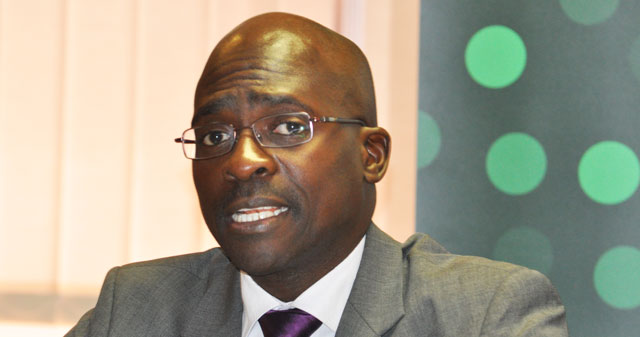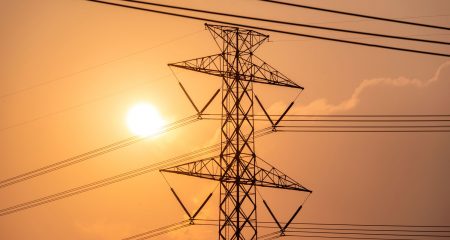
Power utility Eskom’s ability to keep the country’s lights on this winter remains a major worry, the Democratic Alliance warned on Tuesday.
“At the front and centre of most South Africans’ minds right now is the worry about our very precarious electricity supply,” MP Natasha Michael told MPs in the national assembly.
Speaking during debate on the public enterprises department’s R237m budget for this year, she said construction of Eskom’s new Medupi and Kusile power stations remained “dangerously behind schedule” due to labour disputes.
She quoted Cape Chamber of Commerce and Industry president Michael Bagraim, who last month said the business world was “very worried” about possible power outages, which could cost it “an enormous amount of money”.
Bagraim was reacting to a warning, by Eskom CEO Brian Dames, that power cuts could be on the cards this winter as a result of essential maintenance straining the utility’s ability to produce sufficient electricity at peak-demand times.
Michael, referring to an Eskom call on consumers to cut back on electricity use during evening peak-demand time, said South Africans had been forced “to look to ourselves to dig the country out of this crisis”.
Earlier, opening debate in the house, public enterprises minister Malusi Gigaba said the country’s electricity supply system “continues to experience constraints”. However, there were “comprehensive plans” in place to manage this. On Medupi, he said the station would produce power this year. “Eskom has committed to ensuring that the first unit of Medupi starts delivering power by the end of the year.”
The utility had added 260MW of generating capacity to its system over the past year by returning mothballed plants to service. It would be “spending R337bn over the next five years, to complete the Medupi, Ingula, and Kusile power stations”, Gigaba said.
He assured the house that state-owned companies (SOCs) were providing an “extraordinary return” on the capital invested in them. This investment was set to accelerate “aggressively”, with a strong focus on broad-based black economic empowerment.
“Our portfolio of SOCs have aggressively been accelerating investment to maintain aggregate demand, precisely when there is a downturn globally and the private sector is too apprehensive to invest.”
In the next financial year, over R113bn would be invested in SOCs. “I wish to state it unequivocally that in relation to industrialisation and transformation, we have an unyielding political will,” Gigaba said.
Public enterprises’ mandate was to provide “strategic direction” to SOCs, including Eskom, South African Airways, arms manufacturer Denel, and Transnet, among others. — Sapa




